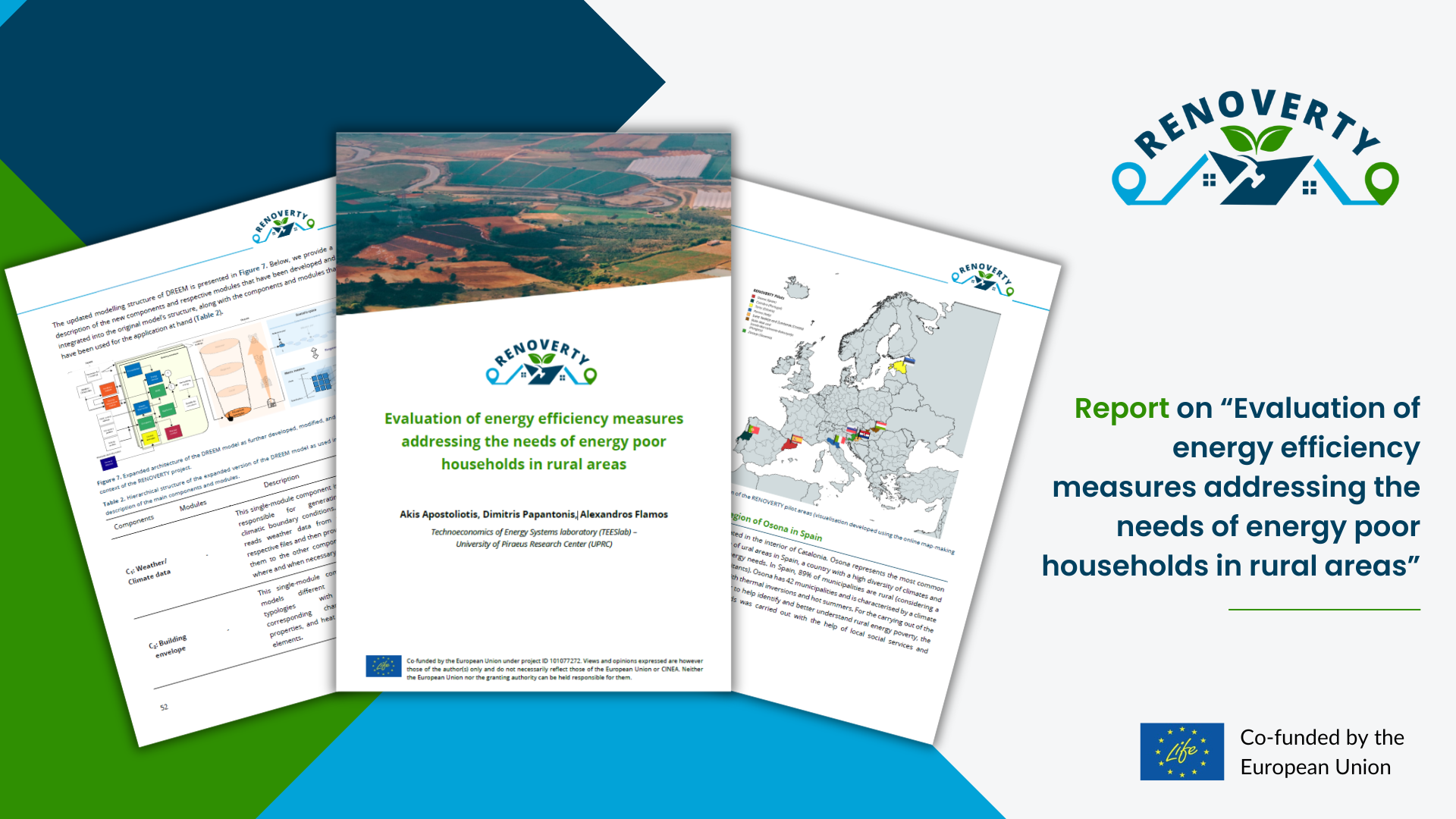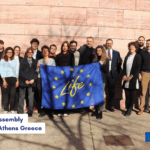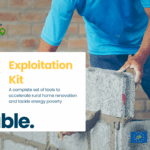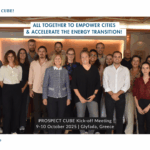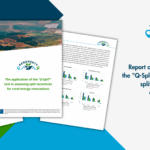The European Commission (EC) – funded LIFE Programme RENOVERTY project has recently published a report entitled “Evaluation of energy efficiency measures addressing the needs of energy poor households in rural areas”. You can read the full report here.
In this report we expand RENOVERTY activities, coupling the strengths of energy system modelling with qualitative and semi-quantitative techniques, guiding us from the (i). updated framework of energy efficiency and energy poverty in rural areas, the (ii). stakeholders need assessment, and the (iii). RENOVERTY fieldwork (i.e., energy audits), as derived from the RENOVERTY report: “Updating the energy poverty and energy efficiency framework in rural areas across the EU”), to the application of the modelling assessment framework in real-life pilots, allowing for the evaluation of several Energy Efficiency Measures based on their impact in households’ energy profiles and technoeconomic viability.
To do so, we employ and present the results from the Dynamic high-Resolution dE-mand-sidE Management (DREEM) model. DREEM is employed to apply a modelling assessment framework that will evaluate several suitable Energy Efficiency Measures in energy poor households in vulnerable rural areas (Osona in Spain, the rural region of Parma in Italy, Bükk and SMB in Hungary, Sveta Nedelja and Žumberak in Croatia, Tartu in Estonia, Zasavje in Slovenia, and Coimbra in Portugal) in seven countries across the European Union, based on their energy-saving potential and their technoeconomic viability.
You can find more information about the DREEM model here!
Modelling results provide detailed information on the energy-saving potential, the CO2 emissions, and the technoeconomic viability from the implementation of several different energy efficiency measures, indicating varying results across the different case studies.
Overall, our analysis includes findings and recommendations, which if acted upon could support stakeholders and end-users to recognise the specificities of rural areas when it comes to the implementation of Energy Efficiency Measures, while contributing to the effective design and implementation of energy efficiency policies to address energy poverty in rural contexts.
Visit the project’s website and follow RENOVERTY on LinkedIn for more information about rural energy poverty and the upcoming activities of the project.

